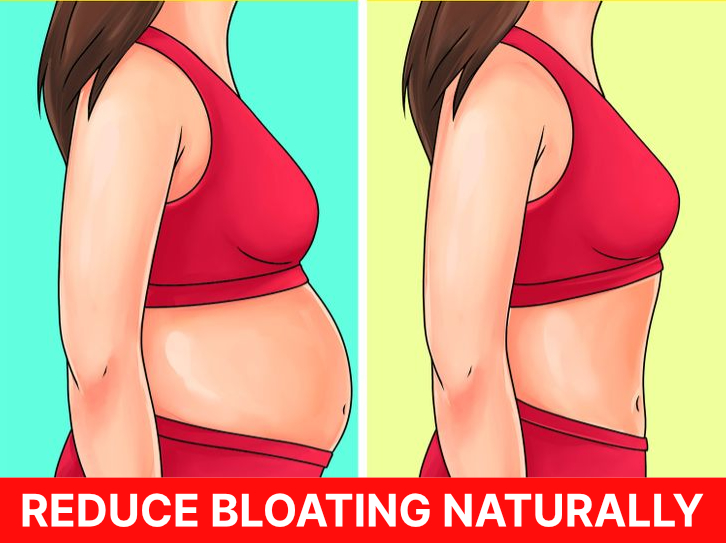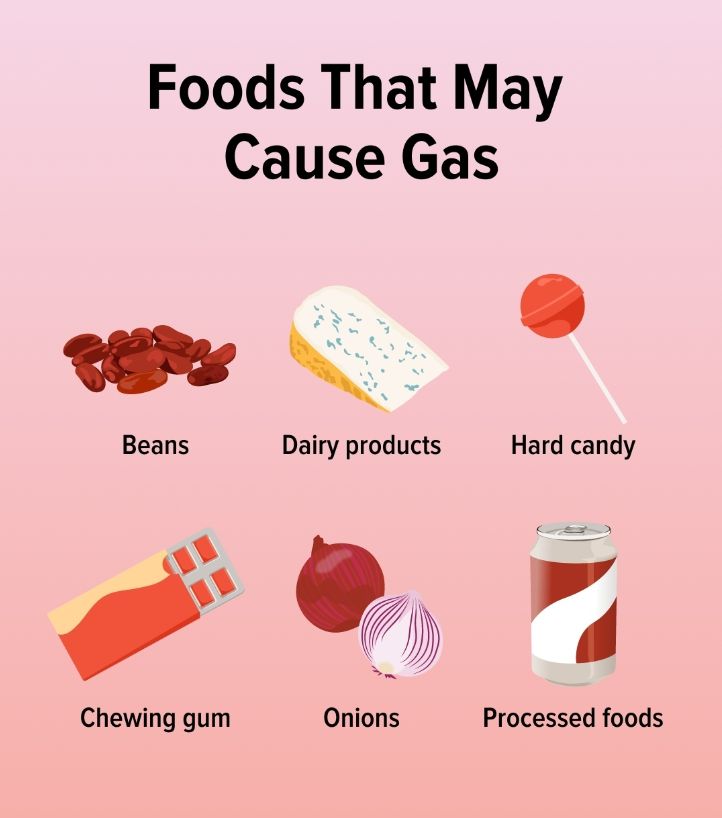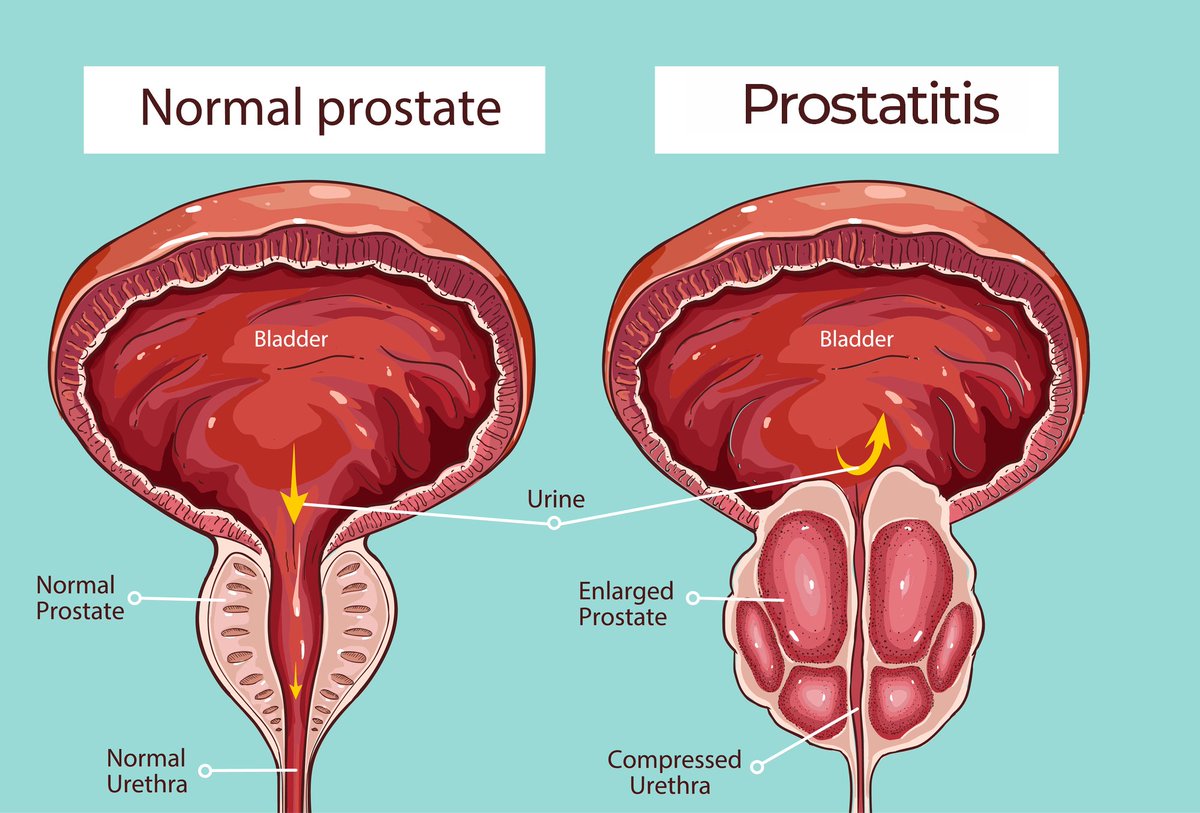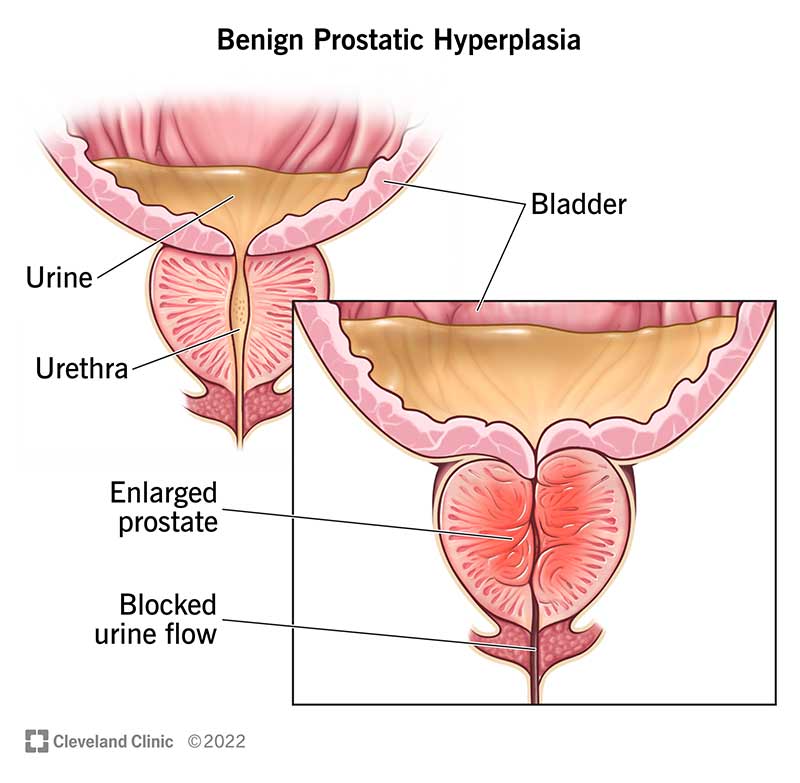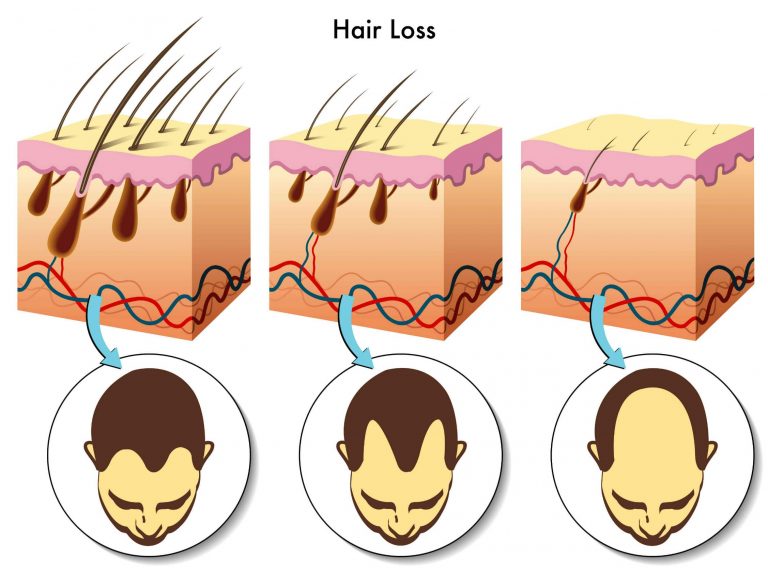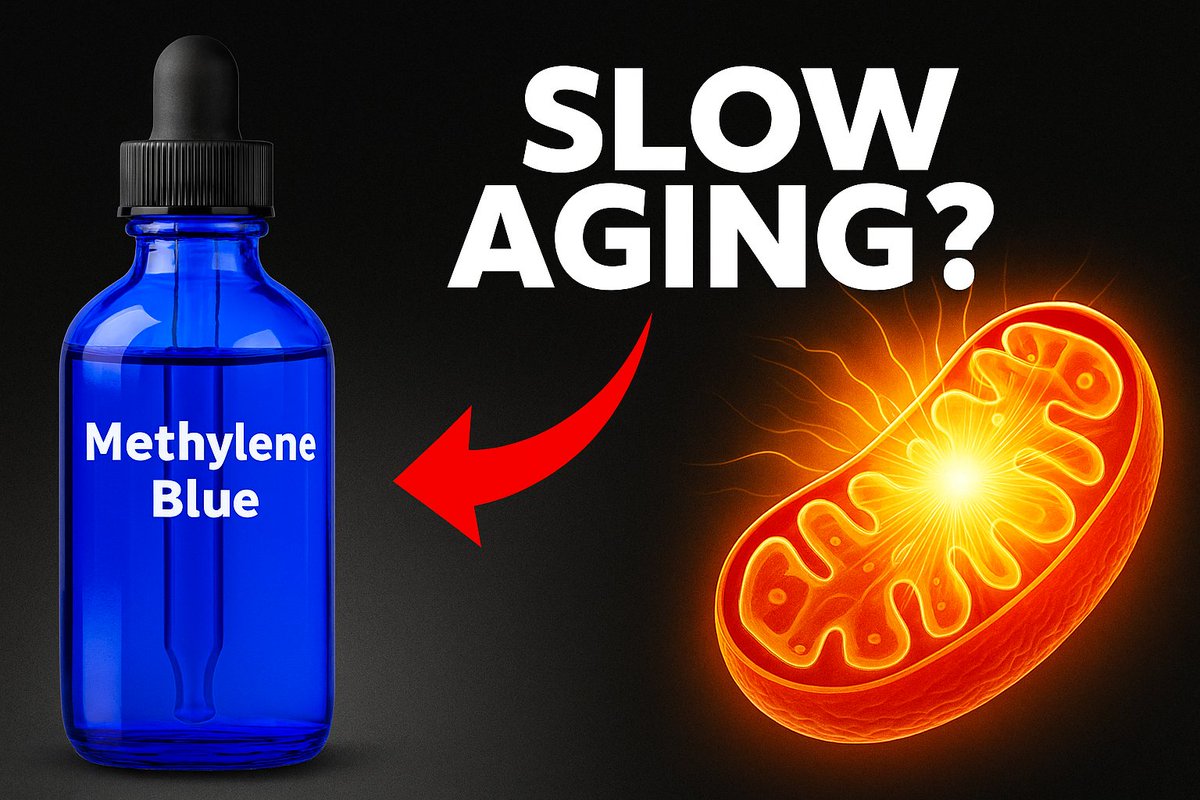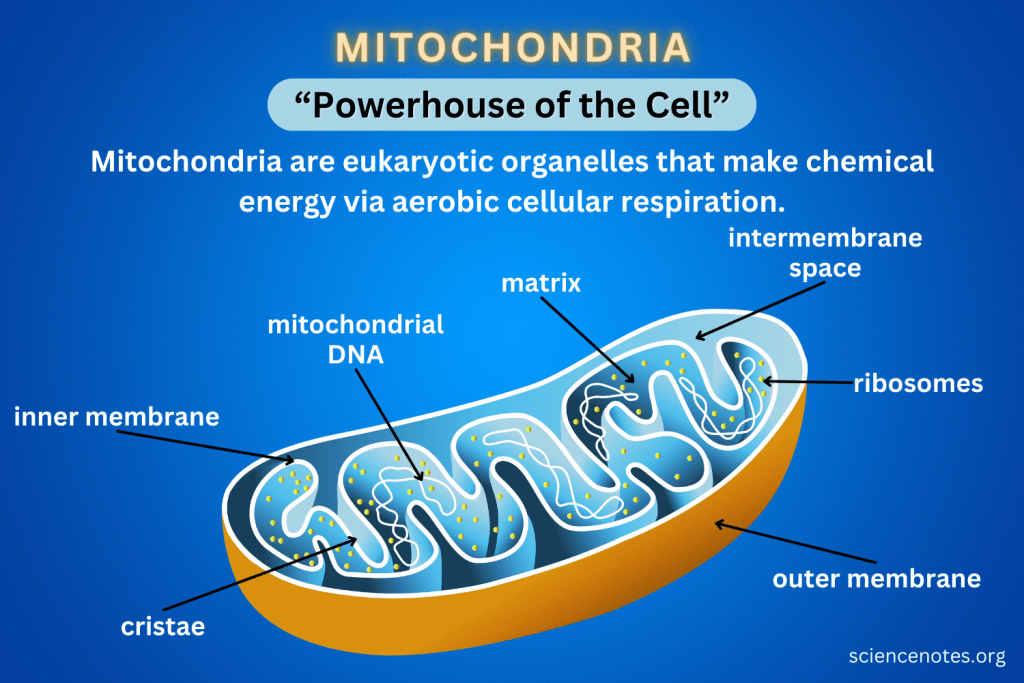You’re not lazy.
You’ve lost the ability to feel pleasure.
Chronic stress rewires your reward system—killing motivation, joy, and drive.
But this isn’t your fault.
If you've never heard of anhedonia...SAVE. THIS. THREAD: 🧵

You’ve lost the ability to feel pleasure.
Chronic stress rewires your reward system—killing motivation, joy, and drive.
But this isn’t your fault.
If you've never heard of anhedonia...SAVE. THIS. THREAD: 🧵


You stop enjoying work.
You feel distant from people.
Even things you used to love feel like a chore.
You’re not broken, you’re disconnected from the part of your brain that feels reward.
It’s not burnout from doing too much.
It’s anhedonia—the inability to feel anything at all.
You feel distant from people.
Even things you used to love feel like a chore.
You’re not broken, you’re disconnected from the part of your brain that feels reward.
It’s not burnout from doing too much.
It’s anhedonia—the inability to feel anything at all.
It starts in the brain.
Chronic stress activates your HPA axis, a system designed for survival, not happiness.
This floods your body with cortisol and weakens dopamine signaling in your reward circuits.
Your brain gets stuck in threat mode.
Chronic stress activates your HPA axis, a system designed for survival, not happiness.
This floods your body with cortisol and weakens dopamine signaling in your reward circuits.
Your brain gets stuck in threat mode.

When dopamine pathways get dulled, motivation dies.
You stop wanting, doing, caring.
Not because you’re lazy, because your neurochemistry changed.
This is called anhedonia.
And it’s far more common than most people think.
You stop wanting, doing, caring.
Not because you’re lazy, because your neurochemistry changed.
This is called anhedonia.
And it’s far more common than most people think.

There are 2 types:
• Consummatory – You do the thing, feel nothing.
• Anticipatory – You don’t even want to do the thing.
Most people struggling with stress and burnout experience both.
But they have no name for it until now.
• Consummatory – You do the thing, feel nothing.
• Anticipatory – You don’t even want to do the thing.
Most people struggling with stress and burnout experience both.
But they have no name for it until now.

Unchecked, anhedonia leads to:
• Emotional numbness
• Isolation
• Chronic fatigue
• Loss of meaning
It’s a neurological shutdown, not a personality flaw.
The reward system goes dark to protect you.
But it can be reset.
• Emotional numbness
• Isolation
• Chronic fatigue
• Loss of meaning
It’s a neurological shutdown, not a personality flaw.
The reward system goes dark to protect you.
But it can be reset.

Here’s the truth:
You can’t “push through” anhedonia.
You have to retrain your nervous system.
This isn’t mindset work. It’s neuroscience.
Here are 5 proven techniques to restore your reward sensitivity:👇
You can’t “push through” anhedonia.
You have to retrain your nervous system.
This isn’t mindset work. It’s neuroscience.
Here are 5 proven techniques to restore your reward sensitivity:👇
1. Dopamine Decompression
Reduce overstimulation:
• Cut back on rapid dopamine spikes (scrolling, caffeine, porn, sugar)
• Replace with monotask activities (walking, deep work)
Why it works:
This restores your baseline sensitivity to dopamine.
Reduce overstimulation:
• Cut back on rapid dopamine spikes (scrolling, caffeine, porn, sugar)
• Replace with monotask activities (walking, deep work)
Why it works:
This restores your baseline sensitivity to dopamine.

2. Vagal Nerve Activation
Use physiological signals to exit stress mode:
• Cold exposure (face splash, shower)
• Slow, diaphragmatic breathing (6 breaths/min)
• Humming or gargling
These stimulate the vagus nerve, shifting your body from fight-or-flight to calm-and-reward.
Use physiological signals to exit stress mode:
• Cold exposure (face splash, shower)
• Slow, diaphragmatic breathing (6 breaths/min)
• Humming or gargling
These stimulate the vagus nerve, shifting your body from fight-or-flight to calm-and-reward.

3. Behavioral Activation (BA)
This is a gold-standard depression treatment:
• Schedule small, achievable activities tied to past sources of joy
• Do them regardless of current motivation
Action precedes emotion. Not the other way around.
This is a gold-standard depression treatment:
• Schedule small, achievable activities tied to past sources of joy
• Do them regardless of current motivation
Action precedes emotion. Not the other way around.

4. Frictionless Goal Structuring
WOOP method (Wish, Outcome, Obstacle, Plan):
• Set specific, time-bound micro-goals
• Anticipate emotional obstacles
• Create “if-then” plans to overcome resistance
It improves motivation by activating the brain’s goal-reward pathways (prefrontal cortex + striatum).
WOOP method (Wish, Outcome, Obstacle, Plan):
• Set specific, time-bound micro-goals
• Anticipate emotional obstacles
• Create “if-then” plans to overcome resistance
It improves motivation by activating the brain’s goal-reward pathways (prefrontal cortex + striatum).

5. Structured Cognitive Reframing (CBT)
Challenge distorted thinking patterns using proven CBT techniques:
• Write down recurring negative thoughts
• Label the cognitive distortion
• Reframe with evidence-based alternatives
This improves prefrontal regulation of limbic activity, critical for emotional stability and reward perception.
Challenge distorted thinking patterns using proven CBT techniques:
• Write down recurring negative thoughts
• Label the cognitive distortion
• Reframe with evidence-based alternatives
This improves prefrontal regulation of limbic activity, critical for emotional stability and reward perception.

None of these are hacks.
They’re physiological and psychological tools backed by clinical research.
Stress hijacked my nervous system and I didn’t even realize it.
If that’s you too, read this:
They’re physiological and psychological tools backed by clinical research.
Stress hijacked my nervous system and I didn’t even realize it.
If that’s you too, read this:
I help high-performing founders, execs, and operators reset their stress...
Without apps, hacks, or meditation.
Stuck in chronic stress and want calm, clarity, and control again?
DM me 'CALM' and let's see if my paid 1:1 program is the solution you need.
Without apps, hacks, or meditation.
Stuck in chronic stress and want calm, clarity, and control again?
DM me 'CALM' and let's see if my paid 1:1 program is the solution you need.
Not ready for 1:1 work yet, but still stuck in stress?
My 15-minute protocol trains your brain to stay calm under pressure.
No fluff. No biohacking BS. Just what works.
Used by 120+ professionals to restore peace and sleep again.
30% OFF today → bit.ly/tbr-xthc
My 15-minute protocol trains your brain to stay calm under pressure.
No fluff. No biohacking BS. Just what works.
Used by 120+ professionals to restore peace and sleep again.
30% OFF today → bit.ly/tbr-xthc
Follow @thetomzyd for more science-backed health upgrades.
Share this thread, someone you love needs this.
What’s one insight from this thread that hit hardest? 👇
Share this thread, someone you love needs this.
What’s one insight from this thread that hit hardest? 👇
https://twitter.com/1906019830219575296/status/1938960410901913859
• • •
Missing some Tweet in this thread? You can try to
force a refresh


